Latest Articles about Energy

Controversy over Rogun Dam Complicates CASA-1000 Plans in Central Asia
The CASA-1000 project is confidently moving forward (see EDM, October 7) and the construction work, although a little delayed, reportedly will start in 2014 (https://www.regnum.ru/news/fd-abroad/polit/1708783.html). CASA-1000 is a large-scale proposed series of hydroelectric dams and power generation sites in Kyrgyzstan and Tajikistan that would be... MORE
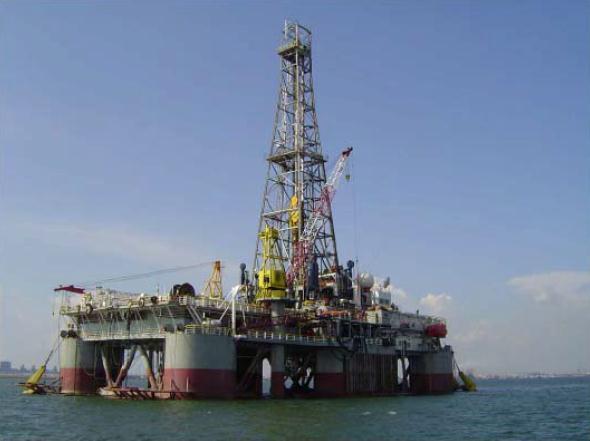
India in the South China Sea: Commercial Motives, Strategic Implications
Although India is not a party to the South China Sea dispute, in recent years—particularly since Secretary of State Hilary Clinton vigorously advocated freedom of navigation in the South China Sea at the Asian Regional Forum meeting in Hanoi in July 2010, and India endorsed... MORE
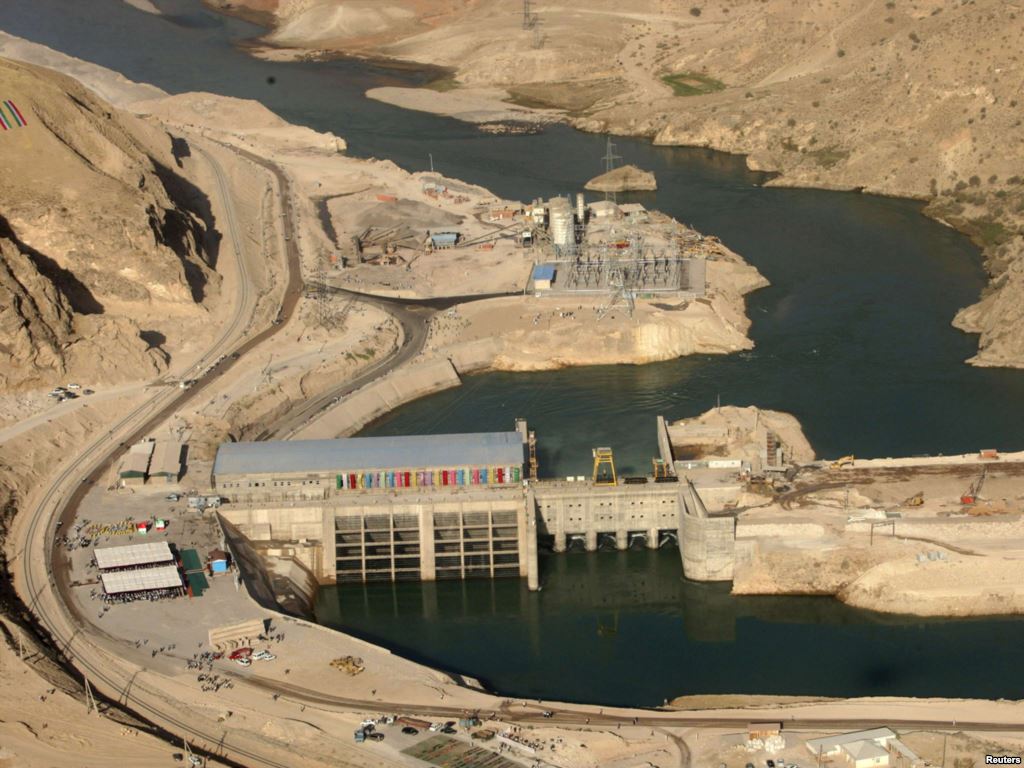
CASA-1000 Project Moves Forward Despite Security Risks
On September 16–17, officials from Kyrgyzstan, Tajikistan, Pakistan and Afghanistan met in Islamabad to sign a Resolution on Contracting Structure and Commercial Principles in the effort to launch the CASA-1000 trade and energy project in 2014. The parties hope CASA-1000 will help bring electricity from... MORE
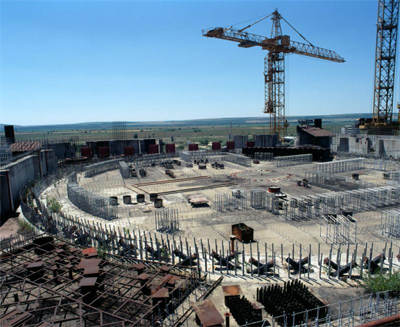
Bulgarian Socialists Vow to Strengthen Economic Relations with Russia
The Bulgarian government intends to intensify its economic relations with Russia, according to Socialist party leader Sergey Stanishev. “This is a way for our country to develop as a modern and technologically advanced economy,” Stanishev told the annual gathering of Bulgarian Russophiles in early September.... MORE
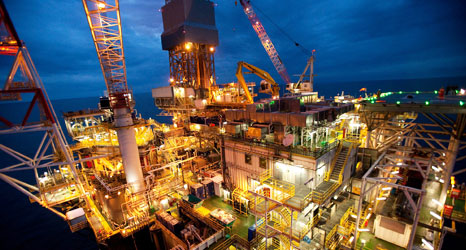
European Companies Contracting to Buy Azerbaijani Gas
On September 19, in Baku, nine European energy companies signed contracts to purchase Azerbaijani natural gas from the Shah Deniz field, Phase Two of production.All nine contracts cover a period of 25 years, starting with the first gas flow into Europe from the Azerbaijani-led Trans-Anatolia... MORE
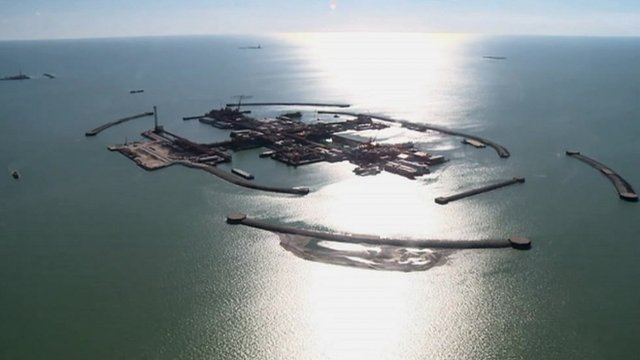
Kazakhstan’s Kashagan Oil Project Set to Start Commercial Production
The international consortium developing Kazakhstan’s super-giant offshore oilfield Kashagan is now on course to start commercial production by October 1, the final deadline set by Kazakhstan’s government. Meeting that deadline will enable the consortium to avoid financial penalties that the government could have imposed in... MORE
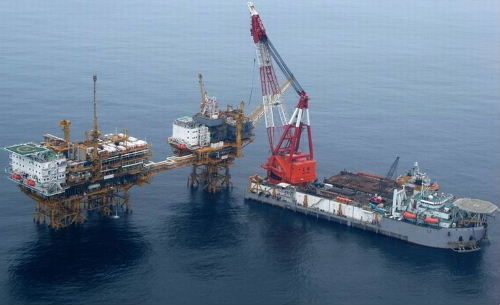
China’s Energy Development in the East China Sea
China is doubling down on its hydrocarbon resource development in the East China Sea. The China National Offshore Oil Corporation (CNOOC) wants to double overall oil and gas production to 100 million metric tons per year by 2020 (Petroleum Economist, October 2012). CNOOC’s first licensing... MORE
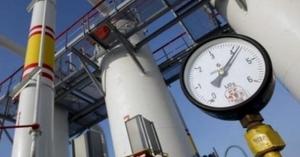
Shale Gas: The Key to Lithuania’s Energy Independence
Lithuania’s National Energy Independence Strategy, passed by the country’s parliament in June 2012, aims to ensure Lithuania’s energy independence before 2020 by strengthening the country’s energy security and, by extension, its economic competitiveness (https://www.enmin.lt/lt/activity/veiklos_kryptys/strateginis_planavimas_ir_ES/Energy_independence_strategy0919.pdf). Lithuania’s Presidency of the Council of the European Union, which it... MORE
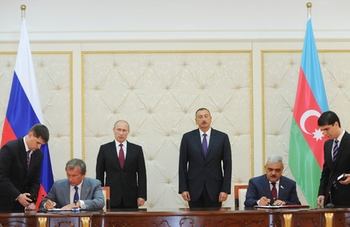
Azerbaijan, Russia Turning New Page on Cooperation in Energy Sector
Russian President Vladimir Putin’s working visit to Azerbaijan on August 13 (see EDM, April 14) resulted in several agreements of unprecedented scope in the oil and gas sector. Presidents Ilham Aliyev and Putin witnessed the agreements’ signing. These are documents of general intent, merely sketched... MORE
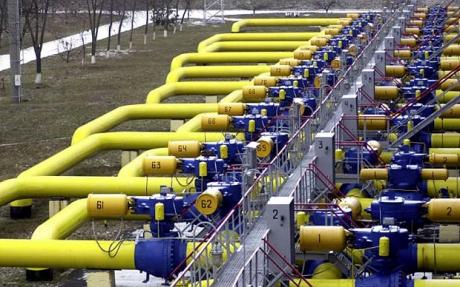
Slovakia: Potential Gateway for Reverse Gas Flows from Europe to Ukraine (Part Two)
The European Commission encourages Slovakia to emulate Hungary and Poland transiting natural gas supplies from Western Europe to Ukraine. Such deliveries involve re-exporting gas volumes and reverse-using transit systems. Following German RWE Supply & Trading, some other European companies may well also consider selling gas... MORE